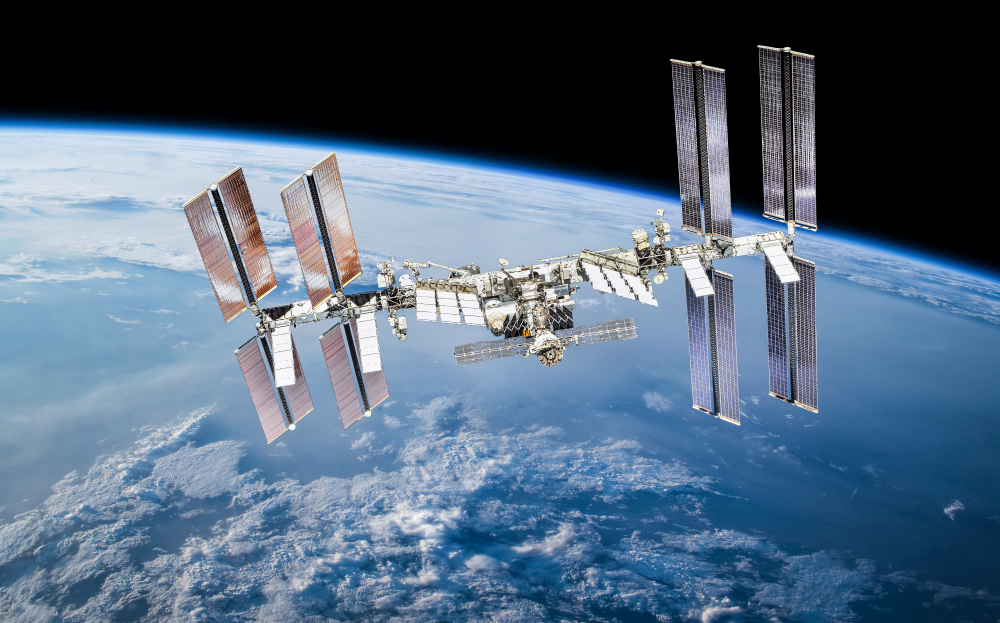Raspberry Pi Space Projects Designed by Teens Are Running on ISS

Raspberry Pis in space? It's true! The International Space Station (ISS) is home to a custom Raspberry Pi setup known as Astro Pi. It revolves around our planet, and today it's running custom programs designed by teens here on Earth as part of a contest.
The European Astro Pi challenge has two entry categories: Mission Zero for creators under age 14 and Mission Space Lab for those under 19. Today, the Astro Pi team officially announced the winning Mission Space Lab experiments have been sent to the ISS. The Mission Zero submission deadline just passed on March 20, so it won't be long before we see their projects make it into orbit, as well.
The teams come from a total of 22 European countries. The winning teams will have an opportunity to compile their experiment results after they receive the project findings back from the ISS.
The projects vary in what they can measure and take advantage of the Sense Hat, a custom board designed specifically for the Astro Pi mission. It includes sensors for barometric pressure, temperature and humidity. It also has an on-board gyroscope, accelerometer and a magnetometer. These aren't exclusive, either. You can buy a Sense Hat on the official Raspberry Pi website. It even has a custom Python library.
Richard Hayler, Citizen Science Program Manager at Raspberry Pi, said via Twitter that, they're not yet sharing details on the experiences, but "once the experiments have run and the teams get the results back, we enter phase 3, where all the cool analysis takes place."
If you want to follow this project, check out the official Astro Pi Twitter for more updates. Congratulations to all of the Mission Space Lab participants and winners! Your ingenuity is what makes the Raspberry Pi community so exciting.
Get Tom's Hardware's best news and in-depth reviews, straight to your inbox.

Ash Hill is a contributing writer for Tom's Hardware with a wealth of experience in the hobby electronics, 3D printing and PCs. She manages the Pi projects of the month and much of our daily Raspberry Pi reporting while also finding the best coupons and deals on all tech.
-
bit_user * sigh *Reply
Is it too much to ask for a simple list of the experiments to be included? That's literally the only reason I looked at the article.
I checked both links, but still didn't see a list. I don't care enough to dig for it, but if someone wants to post a direct link, I'll have a look. Thanks.